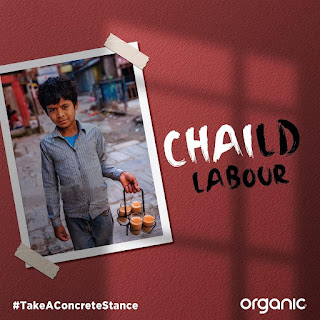The Organic Problem-Solving Technique.

We say ‘’garbage in garbage out’’. The quality of input determines the quality of output is a universally accepted phenomenon of life. That is why when we are briefed on a project, we go beyond its given dimensions. Critical thinking becomes the best tool for us to get our perspectives right. The fundamental premise in critical thinking is to accept that ‘’the whole world is imperfect’’. If the whole world is imperfect, then ‘’I am also imperfect, and others are also the way I am’’. This makes allowance for not taking things at their face value. There is a simple principle behind it which everyone needs to understand before embarking on any thought process to provide a solution. It goes like this ‘’Don’t think all those others say are right, and don’t think all that I think about others are right’’. Through this, we make allowance for the flaws that help us absorb only the right message that the person wants to convey and not all that the person says. But we need to unde


